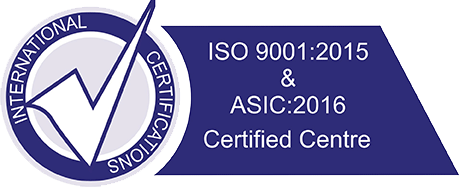Noninvasive prenatal testing (NIPT) is recommended for all types of pregnancies. Medical societies today, support the use of NIPT as the first line of screening for all pregnancies, irrespective of the risk. For physicians, it is important to recommend this test for pregnancies where: The woman is above 30 years of age. . NIPT, sometimes called noninvasive prenatal screening (NIPS), is a method of determining the risk that the fetus will be born with certain genetic abnormalities. This testing analyzes small fragments of DNA that are circulating in a pregnant woman's blood.
How Is NIPT Done?
Because a NIPT involves only quick blood draw from the mother's arm with a needle and syringe, it's safe for the mother and the baby. The sample is then sent to a lab, where the baby's DNA fragments in the blood is analysed for signs of abnormalities.
If the result is 'positive', 'abnormal' or 'high risk', this means your baby is likely to be affected. If you have an abnormal NIPT result, a diagnostic test such as CVS or amniocentesis can confirm the result. You should discuss your options with your doctor, midwife or genetic counsellor.
The test will look at specific chromosomes to see if the percentage of cfDNA from each of these chromosomes is considered “normal.” If it falls within the standard range, the result will be “negative.” This means the fetus has a decreased risk of the genetic conditions caused by the chromosomes in question.
The NIPT test is a noninvasive blood test that's available to all pregnant women beginning at 10 weeks of pregnancy. It screens for Down syndrome and some other chromosomal conditions, and it can tell you whether you're having a boy or a girl. NIPT is a screening test, so it's not definitive.


